Data centres that switch from HDDs to SSDs use 70% less power
This is part of Huawei’s strategy to help data centres go green through data storage
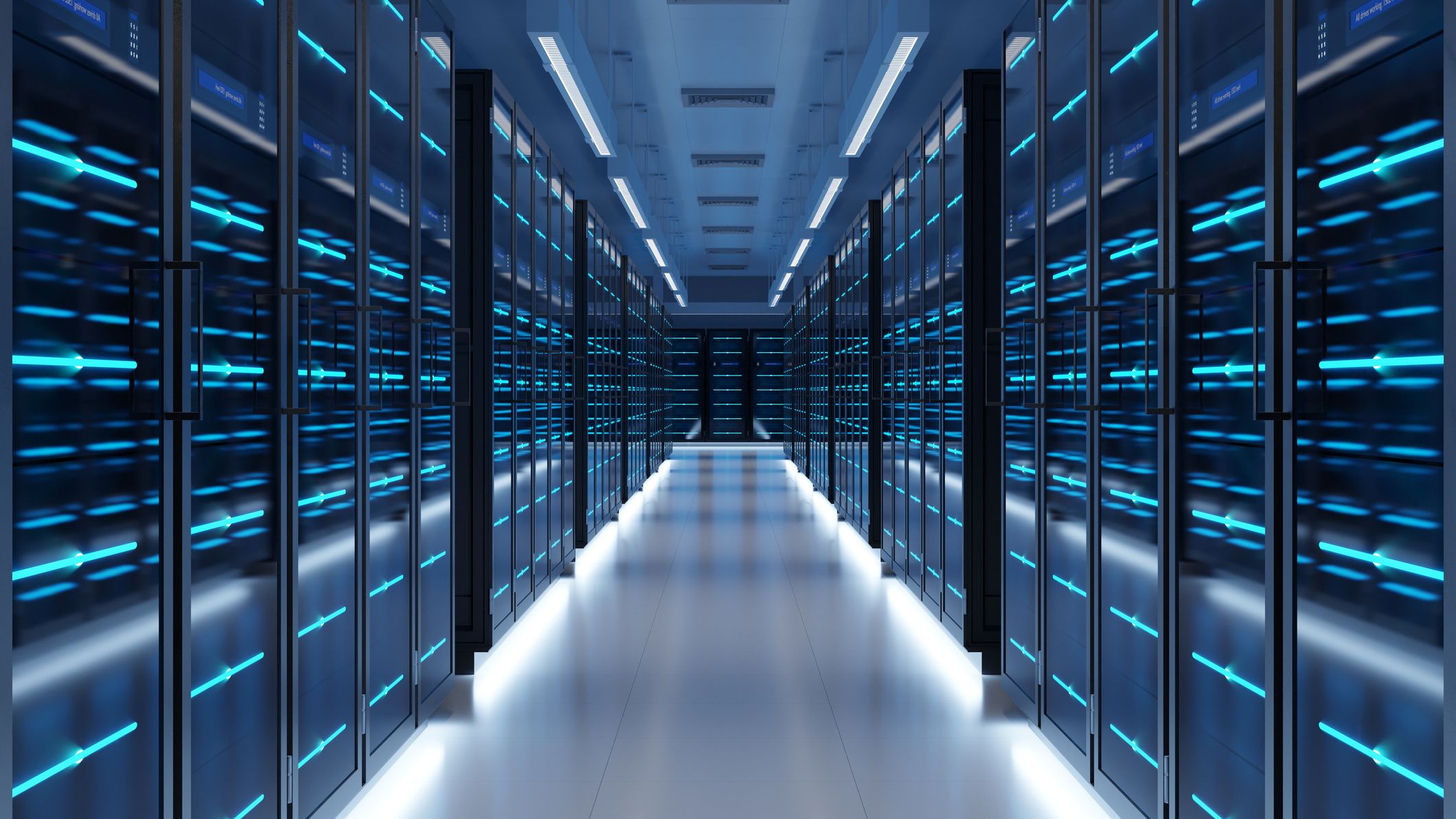

Solid-state drives (SSDs) are recommended as a more energy-efficient alternative to hard-disk drives (HDDs) in data centres, using 70% less power and 50% less space for the same capacity.
This is part of Huawei’s strategy to help data centres go green through data storage. The strategy reduces energy consumption per TB of data through high-density design, system convergence, data reduction, and full-lifecycle carbon footprint management.
This is especially important as by 2030, 1 yottabyte (YB) of data will be generated globally every year, representing a 23-fold increase over 2020, Huawei revealed at an event last week. Storing mass data consumes enormous amounts of energy, highlighting the importance of green and sustainable development.
As part of this strategy, Huawei looks to use high-density components and systems to increase the hardware density and heat dissipation efficiency of its data storage products, including replacing HDDs with SSDs. Its use of half-palm NVMe SSDs helps its storage systems to support 36 SSDs in a 2U disk enclosure, which it says delivers a higher hardware density than similar products and 25% higher heat dissipation efficiency than a traditional disk enclosure.
The company also hopes to ensure higher resource utilisation by supporting multiple protocols and eliminating storage silos. One storage system supports block, file, object, and Hadoop Distributed File System (HDFS) protocols for diversified requirements to consolidate multiple kinds of storage. Additionally, the converged resource pool aims to consolidate multiple storage systems in data centres to improve their resource utilisation.
RELATED RESOURCE

Modernise the workforce experience
Actionable insights and an optimised experience for both IT and end users
FREE DOWNLOAD
Huawei also aims to use deduplication and compression algorithms to reduce data duplication. The algorithms currently help its storage systems deliver a data reduction ratio of up to 72:1, 20% higher than the industry benchmark.
"Huawei has always been committed to the green and low-carbon data storage strategy, providing customers with more environment-friendly products for sustainable development,” said Assaf Natanzon, Huawei's chief architect of Data Storage.
Get the ITPro daily newsletter
Sign up today and you will receive a free copy of our Future Focus 2025 report - the leading guidance on AI, cybersecurity and other IT challenges as per 700+ senior executives
Initiatives into green data centre technology have become more popular recently, with Japan choosing six companies in February to help power new research into this area. The project aims to address the challenge of increasing power consumption at data centres in today’s digital society. The companies taking part aim to develop products to realise greater energy efficiency, larger capacity, and lower latency across data centre sites.
Zach Marzouk is a former ITPro, CloudPro, and ChannelPro staff writer, covering topics like security, privacy, worker rights, and startups, primarily in the Asia Pacific and the US regions. Zach joined ITPro in 2017 where he was introduced to the world of B2B technology as a junior staff writer, before he returned to Argentina in 2018, working in communications and as a copywriter. In 2021, he made his way back to ITPro as a staff writer during the pandemic, before joining the world of freelance in 2022.
-
 Bigger salaries, more burnout: Is the CISO role in crisis?
Bigger salaries, more burnout: Is the CISO role in crisis?In-depth CISOs are more stressed than ever before – but why is this and what can be done?
By Kate O'Flaherty Published
-
 Cheap cyber crime kits can be bought on the dark web for less than $25
Cheap cyber crime kits can be bought on the dark web for less than $25News Research from NordVPN shows phishing kits are now widely available on the dark web and via messaging apps like Telegram, and are often selling for less than $25.
By Emma Woollacott Published
-
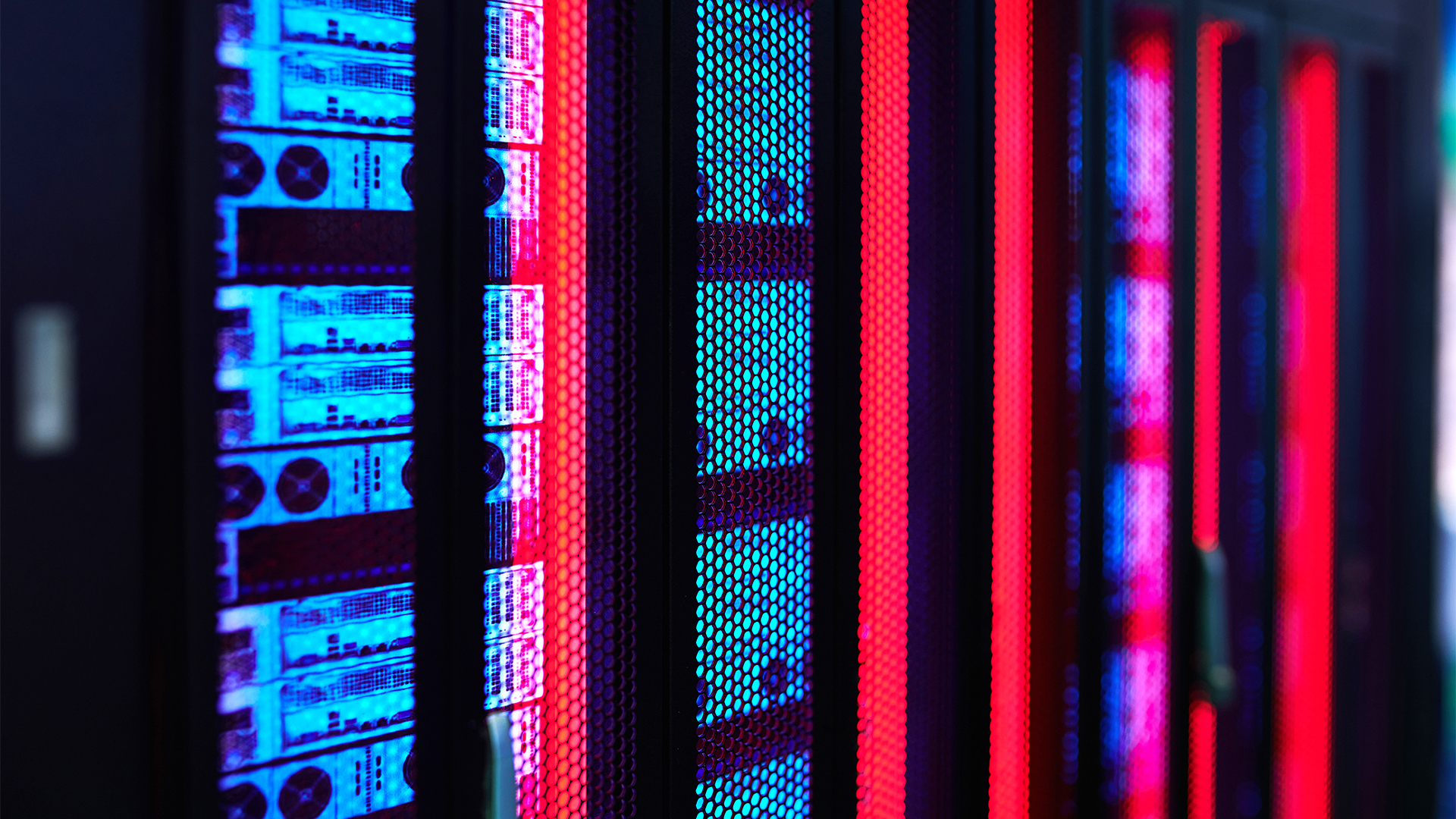 Tech giants called in to help tackle UK’s AI energy concerns
Tech giants called in to help tackle UK’s AI energy concernsNews The UK government is holding talks with Microsoft, ARM, Google, and Amazon in the first meeting of the new AI Energy Council.
By Emma Woollacott Published
-
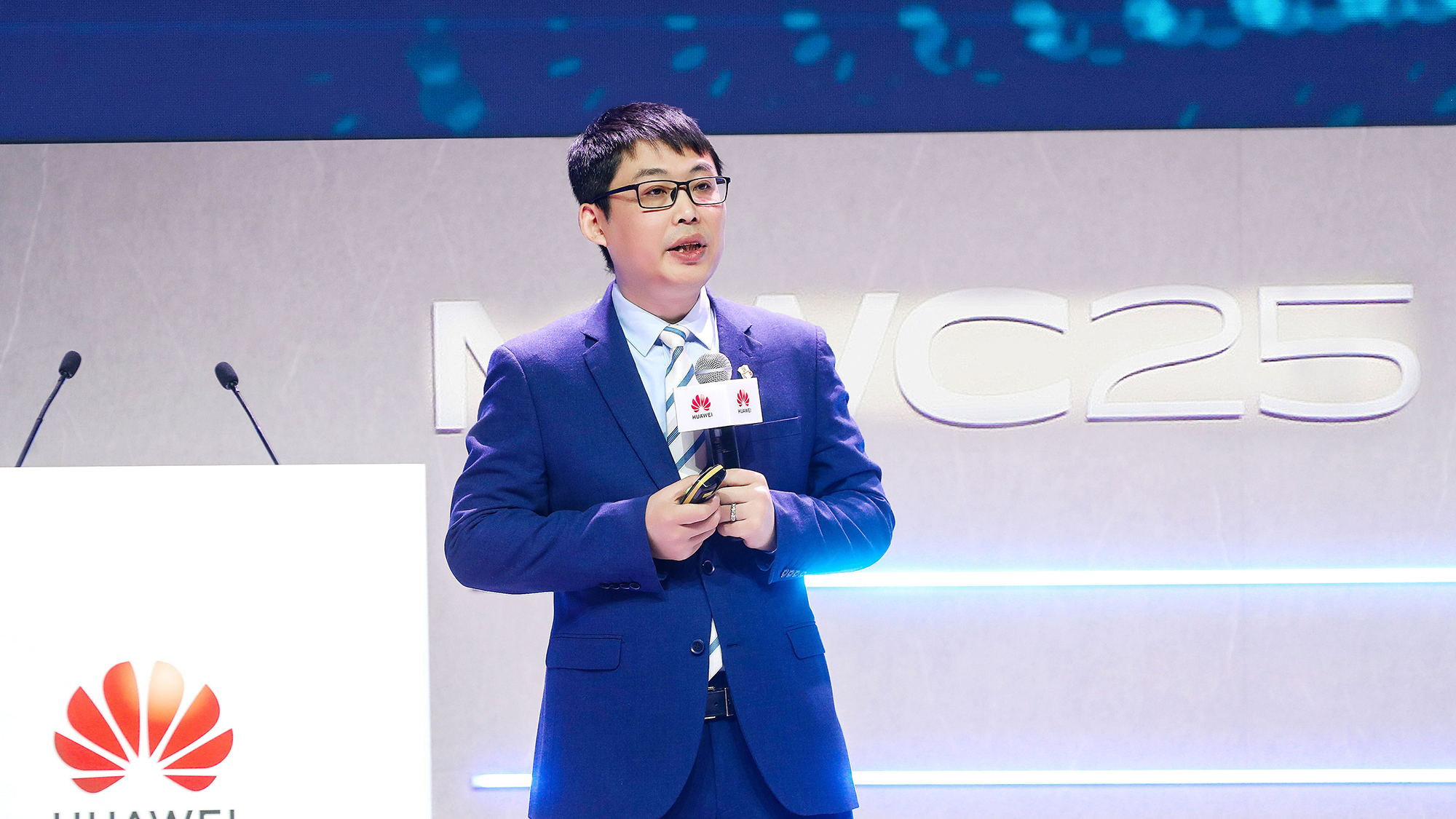 How Huawei’s Xinghe Intelligent Campus solution accelerates intelligent transformation for businesses
How Huawei’s Xinghe Intelligent Campus solution accelerates intelligent transformation for businessesWith major AI upgrades and groundbreaking Wi-Fi innovations, Huawei is breathing new life into future-proofed intelligence campuses for customers across all industries
By ITPro Published
-
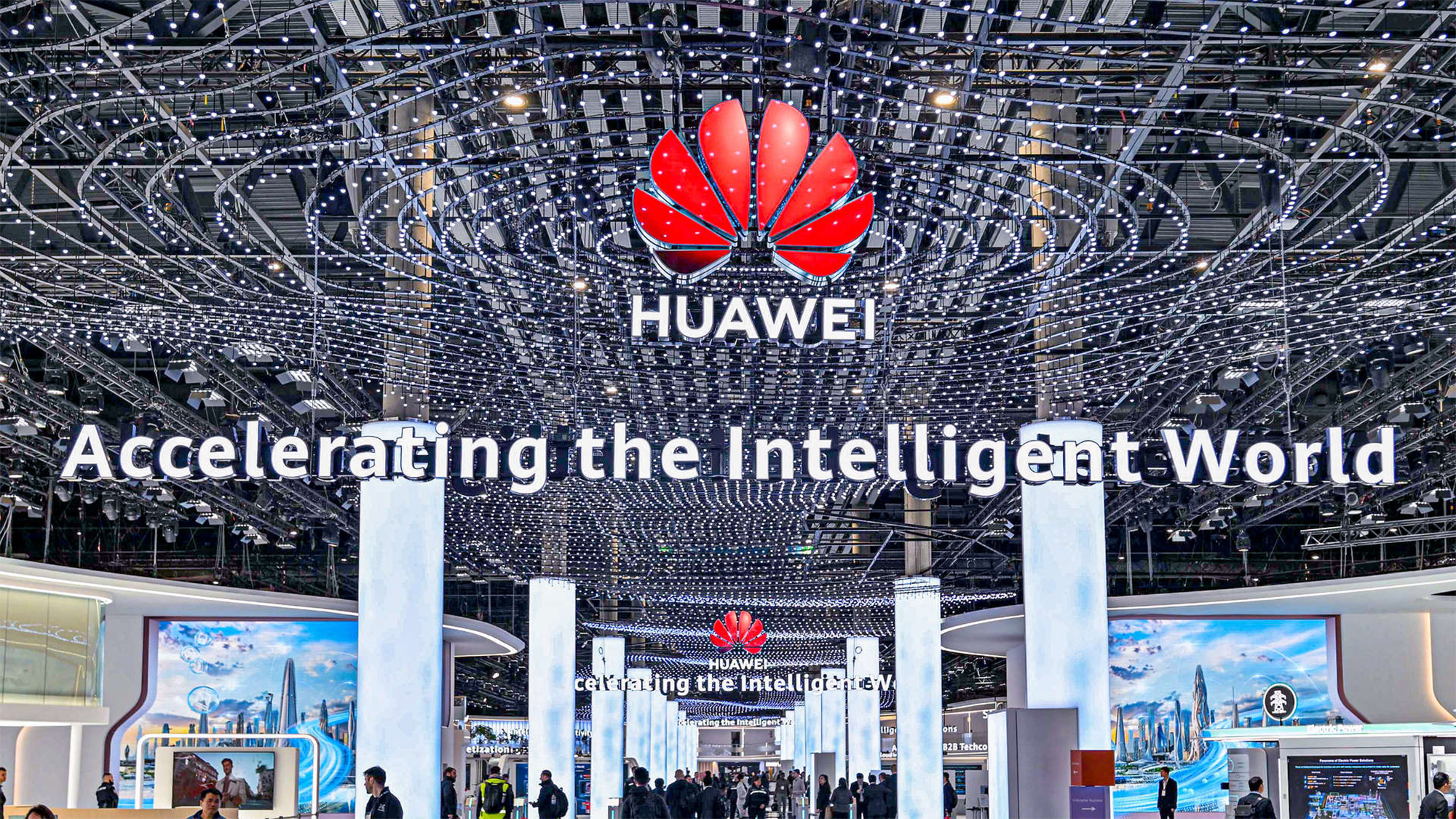 From smart hotels to smart factories, Huawei is accelerating intelligent transformation
From smart hotels to smart factories, Huawei is accelerating intelligent transformationHow Huawei connected the hotel of the future with innovative AP devices and cabling and provides a converged network for smart manufacturing businesses
By ITPro Published
-
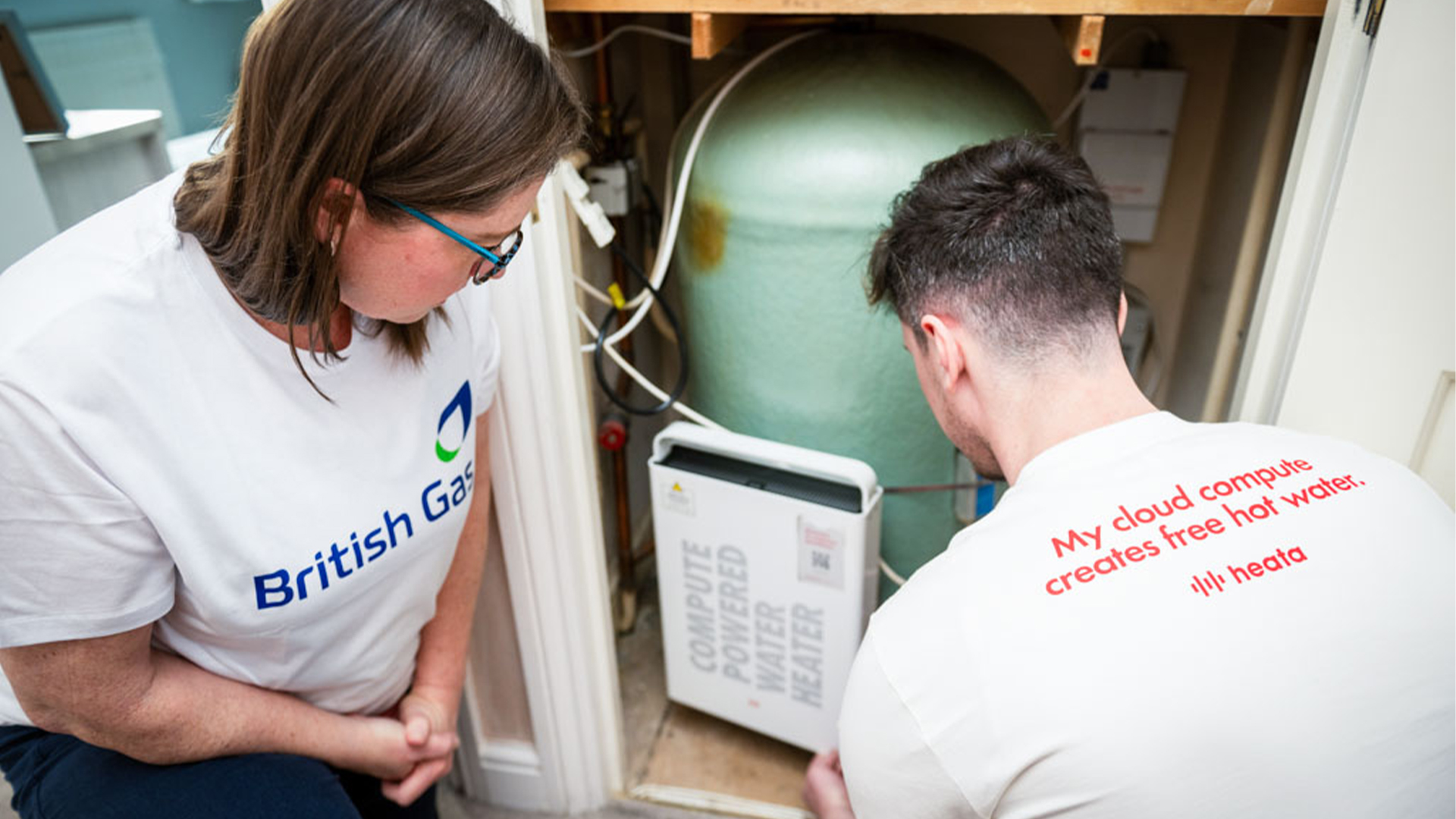 British Gas launches trial scheme to reuse waste heat from data processing – and it involves installing a tiny ‘virtual data center’ in homes
British Gas launches trial scheme to reuse waste heat from data processing – and it involves installing a tiny ‘virtual data center’ in homesNews British Gas is carrying out a trial using excess heat from data processing to provide free hot water in homes.
By Emma Woollacott Published
-
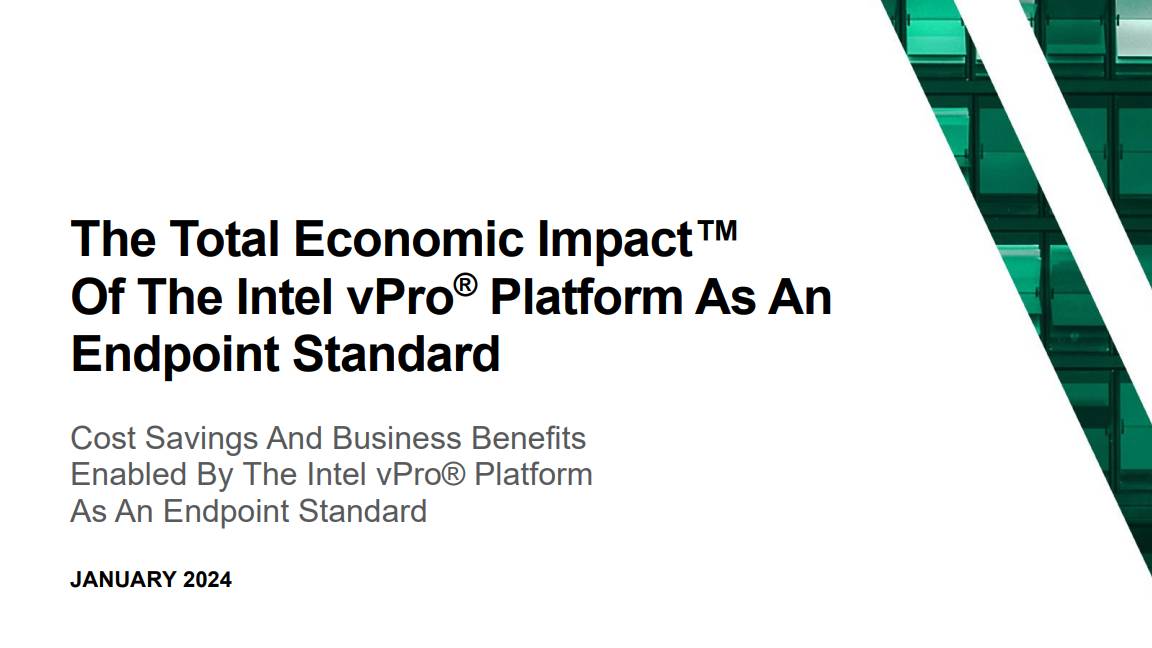 The Total Economic Impact™ of the Intel vPro® platform as an endpoint standard
The Total Economic Impact™ of the Intel vPro® platform as an endpoint standardwhitepaper Protection across AI attack vectors
By ITPro Published
-
 Testing the Value of Dell™ PowerEdge™ R750 Servers with Windows Server® 2022 Preinstalled
Testing the Value of Dell™ PowerEdge™ R750 Servers with Windows Server® 2022 Preinstalledwhitepaper Protection across AI attack vectors
By ITPro Published
-
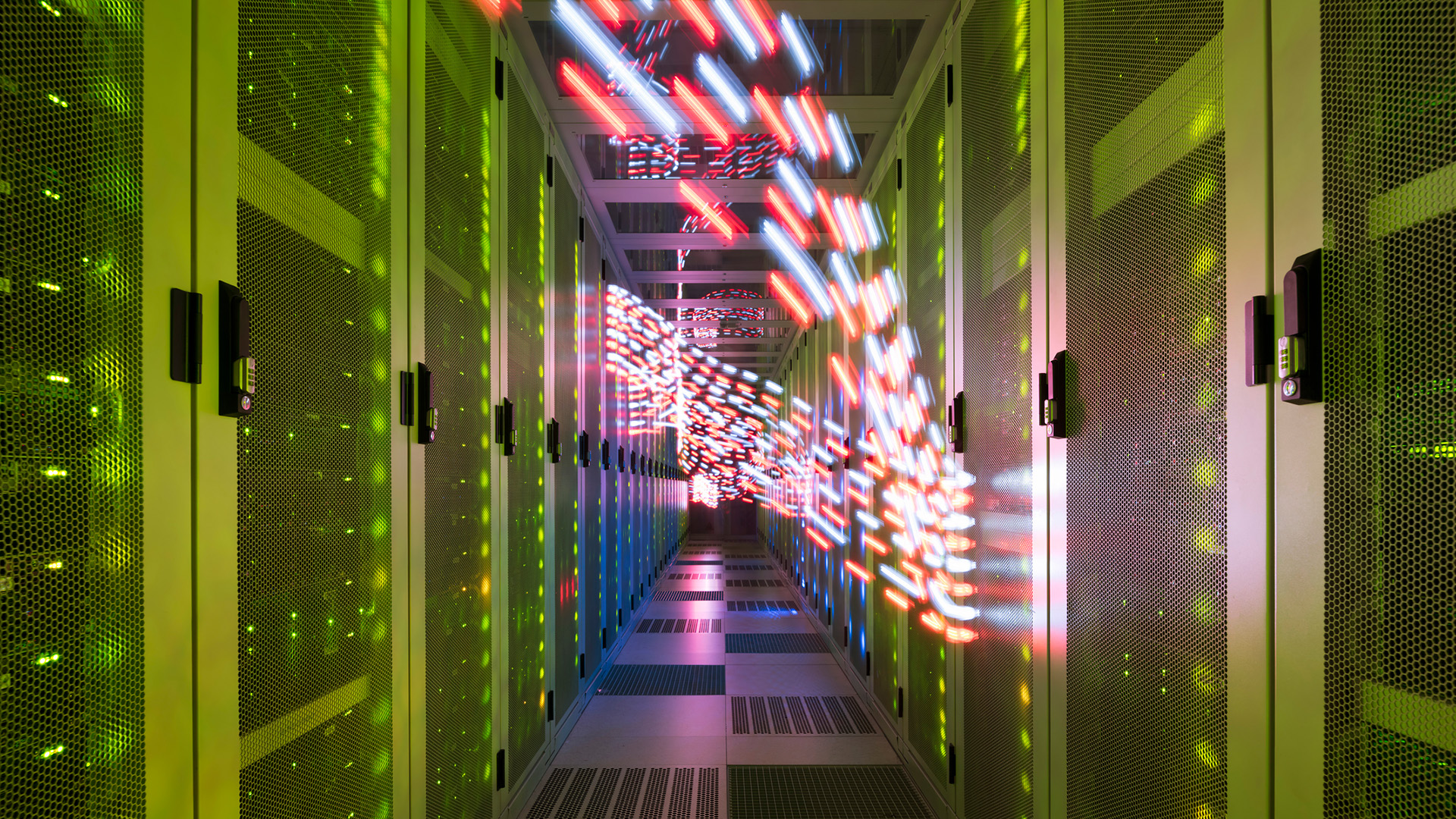 “Significant concerns” raised over impact of data center growth on regional energy grids
“Significant concerns” raised over impact of data center growth on regional energy gridsNews Scenarios for AI energy consumption in the next decade show potential capacity issues
By Solomon Klappholz Published
-
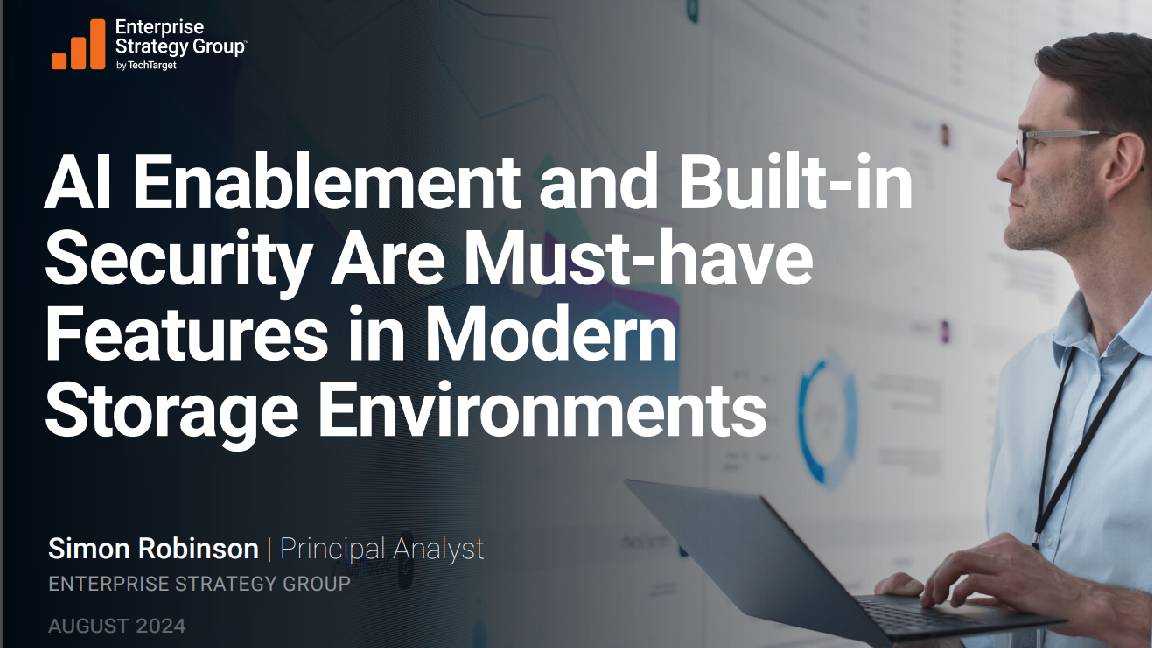 AI enablement and built-in security are must-have features on modern storage environments
AI enablement and built-in security are must-have features on modern storage environmentswhitepaper Modernize storage infrastructure to serve future application demands
By ITPro Published